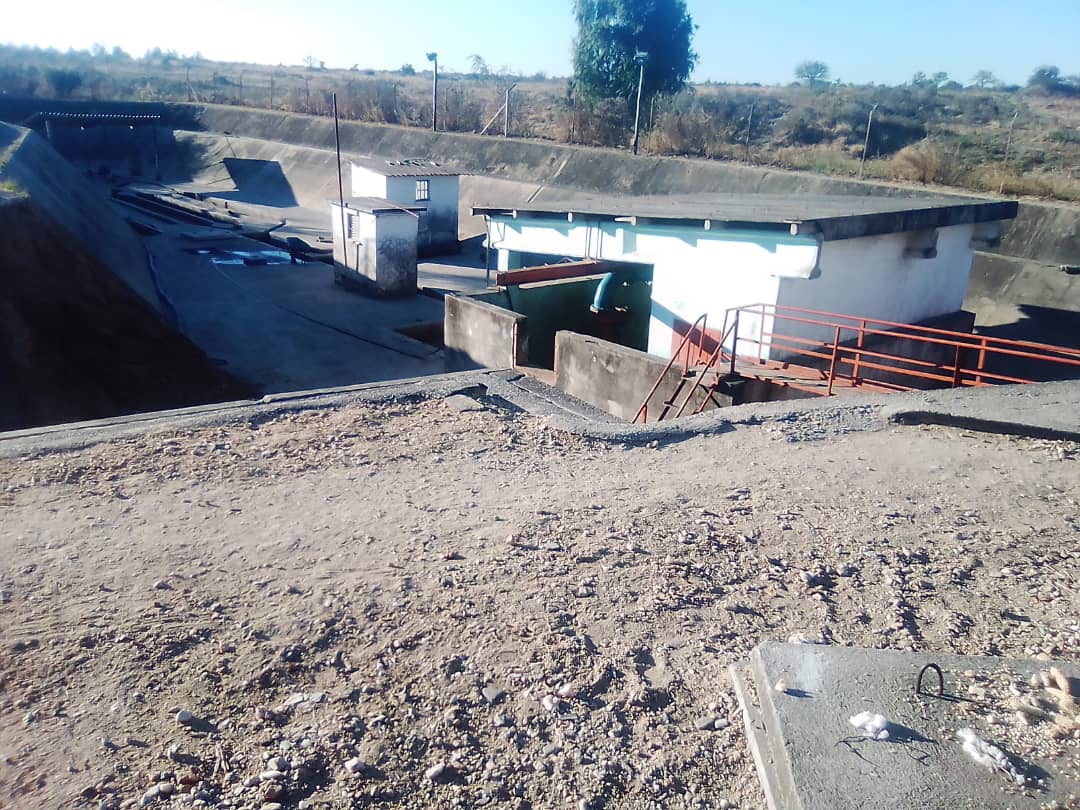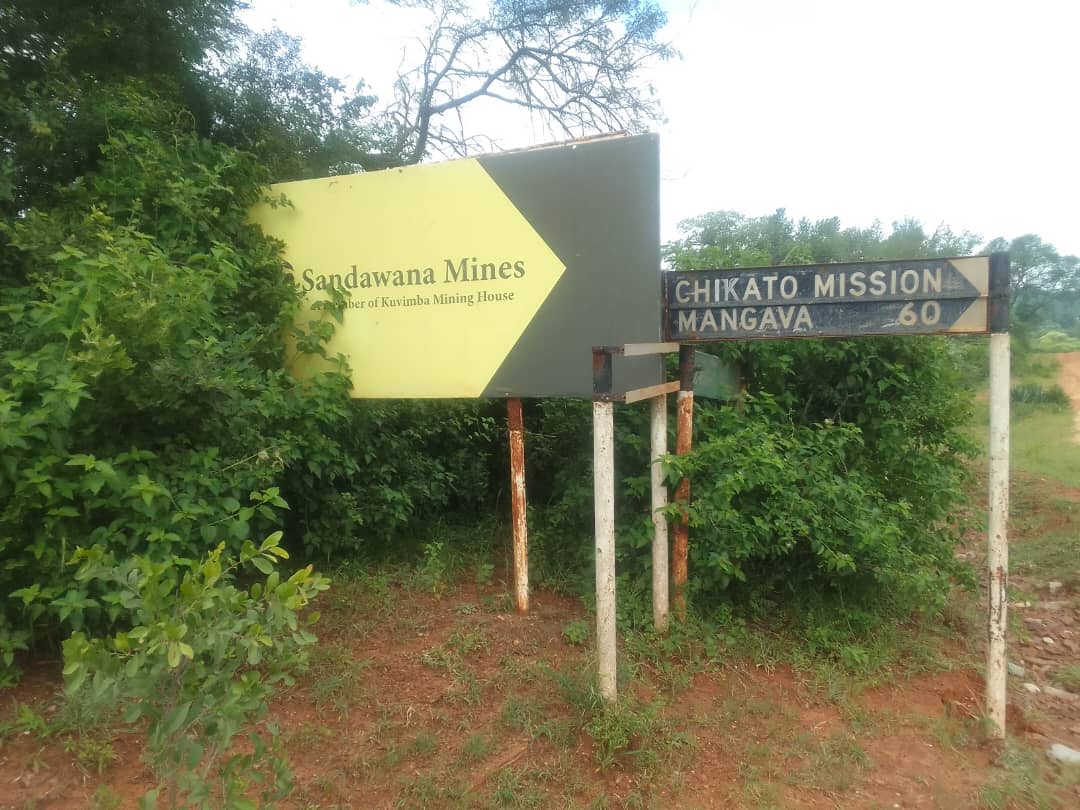Moses Ziyambi
In a full council meeting held in the evening of April 29, 2021, City of Masvingo Acting Town Clerk Edward Mukaratirwa gave a report that sewage collection, treatment and disposal was generally going on well except for Rujeko Pump Station which had broken down.
He went on to give state that repairs on the broken components of the machinery were being carried out and ‘we hope it will be up and running soon’.
In the next full council meeting which was held a month later, Mukaratirwa gave a similar report to council; giving assurances that work was being done to get the broken systems up and running again.
When EnviroPress asked why the repairs were taking that long, he explained that the supplier of repair components had sent wrong parts that had to be sent back.
“The repair work has indeed taken some time to complete due to developments we had not expected. We got the wrong spare parts and we had to send them back and wait for the right parts to be delivered, and that is why the pump station is still down,” said Mukaratirwa.
He could not, however, give absolute timelines as to when council would be in a position to complete the work and get the sewage pump station up and running again.
When the EnviroPress team visited the vicinity of the pump station many weeks later, it was still not working.
The Rujeko Sewage Pump Station is very important in the city’s waste reticulation efforts as it is one of only two such facilities located on the banks of Mucheke River.
The other one is Number One Sewage Pump Station which is located upstream, and which has not had as many frequent breakdowns in recent history.
Rujeko Sewage Pump Station’s purpose is to push huge volumes of waste water generated by the city’s 90 000 households uphill towards the sewage treatment works located a few kilometres across the river.
Whenever the pump station breaks down, large volumes of untreated waste water that flows into it nonstop on a daily basis is released into the river as there would be no other means to channel it to the treatment plant, let alone store it.
EnviroPress recently witnessed a flock of wild geese and pelicans frenziedly feeding off some rich pickings in the thick sludge of waste that has formed in stagnant pools of untreated sewage a few metres downstream.
Much of the sewage flows further downstream into Lake Mutirikwi, which is Masvingo’s sole source of potable water.
The city acknowledges that pollution of Mucheke River, which joins Shakashe River to form a single tributary flowing into Lake Mutirikwi, has a significant impact in the cost of treating municipal water which at times requires up to five chemicals, depending on the quality of the raw water.
Though pollution of the river emanates from several sources, breakdowns at Rujeko Sewage Pump Station make a big contribution.
The release of raw sewage and other thick pollutants into the river has also spelt doom for the river’s natural ecology as fish and other forms of aqua life have disappeared.
A thick cover of water hyacinth, which thrives in nitrate-contaminated water, often blankets many parts of the river until it gets washed downstream during the rainy season when the flow of the river improves, but only to reinvigorate itself in no time.
In 2015, the city council was fined thousands of US dollars by the Environmental Management Agency (Ema) for its role in polluting Mucheke River through the release of raw sewage into it.
The punishment did little, if anything, to make a change because the city’s aged and poorly-maintained sewerage including Rujeko Pump Station means authorities lack capacity to make meaningful amends.
A report released by the Auditor General (AG) in 2019 names Masvingo among five other municipalities including Bulawayo, Chitungwiza and Mutare, with serious sewerage maintenance challenges.
During severe load shedding schedules that were implemented by power supply authorities in 2019 and 2020, Rujeko Sewage Pump Station would be silent for much of the day, only coming back to life for some few hours during the night when electricity got restored.
A massive generator, which was installed in 2015 through a fund administered by the African Development Bank (AfDB), stands largely as a white elephant as council cannot afford the reported 300 litres of diesel required to run it for a single day.
The generator was installed to provide back-up power during periods of load shedding so that the pump station would not at any given moment stop running.
It now appears however that intermittent break downs, not power supply deficiencies, have become the biggest worry for Rujeko Sewage Pump Station since load shedding has not been as severe so far this year.








